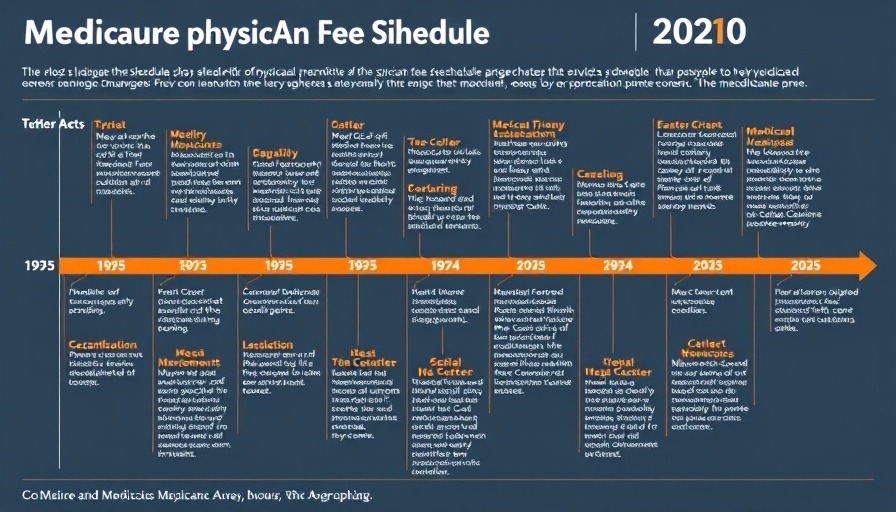
Understanding Medicare: A Lifeline for Millions
Did you know that over 67 million Americans are covered by Medicare? This federal program serves a vital role, providing health insurance to 20% of the U.S. population. A significant portion of this coverage goes toward physician services and outpatient care, specifically under Medicare Part B. In 2021, a staggering 90% of beneficiaries accessed these essential medical services, with almost half of the $1 trillion spent on Medicare in 2023 allocated for Part B. This means the program plays a crucial role in healthcare delivery, especially for the elderly and those with disabilities.
The Impact of Payment Adjustments on Healthcare
Medicare’s annual updates to physician payment rates are crucial to understanding how healthcare providers operate. Recently, in November 2024, Medicare implemented a 2.83% decrease in the physician fee schedule, leading to average cuts of 2.93% for many healthcare providers. These reductions have drawn concern from lawmakers and health networks alike, sparking discussions on potential legislative changes to stabilize payments. Despite overwhelming bipartisan support for reform, Congress considered fixes but did not implement them in recent spending bills, leaving the payment cuts in place for the current year.
Long-Term Implications for Access to Care
The ripple effects of physician payment cuts could be significant. Policymakers and physician groups are worried about potential access issues for beneficiaries if more physicians decide to opt out of the Medicare system due to compensation concerns. More than 98% of non-pediatric doctors currently accept Medicare’s payment rates, but with increasing pressure from financial instability, this acceptance could wane, putting millions at risk of losing access to care.
Looking Ahead: The Need for Comprehensive Reform
Calls for broader reforms in how Medicare compensates physicians are growing louder. Experts have highlighted long-standing disparities in payment between primary care and specialty services. Additionally, the influence of specialty groups through the American Medical Association/Specialty Society Relative Value Scale Update Committee raises questions about fairness in compensation practices. Organizations such as MedPAC are advocating to create a more balanced payment landscape, ensuring that all healthcare providers can offer necessary services without severe financial strain.
Your Role in Advocating for Fair Healthcare
As citizens relying on this essential program, it’s crucial we remain informed and engaged. Advocate for sensible reforms that stabilize payments for physicians while ensuring both primary and specialty care are accessible to everyone. Stay updated, voice your concerns to policymakers, and share this knowledge within your community.
 Add Row
Add Row  Add
Add 




Write A Comment